
Vietnam - attractive destination for French startups
French startup firms are eyeing the Vietnamese market, especially the southern economic hub of Ho Chi Minh City thanks to open and dynamic business environment.

PR Newswire opens new office in Vietnam
PR Newswire, a global provider of news release distribution and media monitoring services, has opened a new office in Ho Chi Minh City, Vietnam, expanding its Asia-Pacific footprint.

Soc Trang secures nearly VND123 trillion in investment
Nearly VND123 trillion (US$5.4 billion) will be poured into 47 projects in the Mekong Delta province of Soc Trang, focusing on renewable energy, wind power, solar power, high-tech agriculture, and tourism services.

Russia’s auto producer GAZ eyes foothold in Vietnam
Russian auto manufacturer GAZ Group is planning to enter the Vietnamese market by setting up a joint venture for distribution and later by assembling autos in the country.
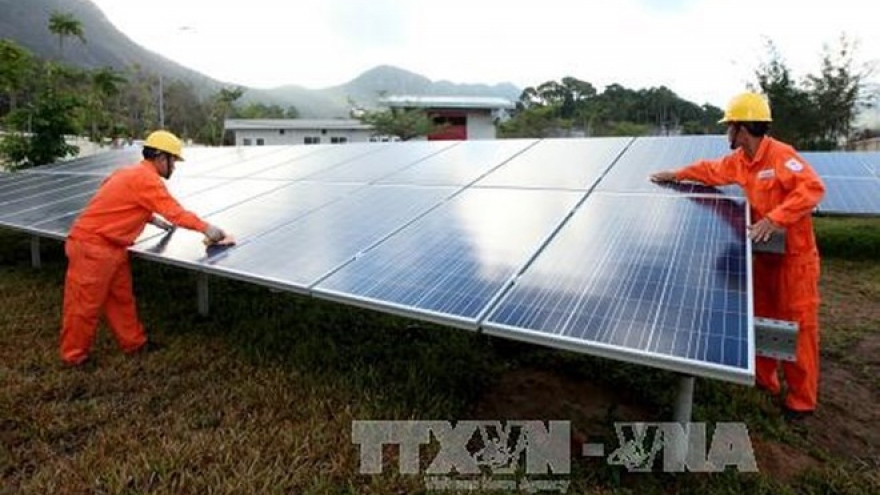
Tay Ninh draws over VND14.3 trillion in solar power projects
The southwestern province of Tay Ninh has granted investment licenses to five solar power projects worth over VND14.3 trillion (US$629.9 million) in Duong Minh Chau and Tan Chau districts.

SonKim Land joins development team of Metropole Thu Thiem
Leading real estate developer SonKim Land Corporation, Quoc Loc Phat JSC (Quoc Loc Phat), and Joint Stock Commercial Bank for Foreign Trade of Vietnam (Vietcombank) have signed a strategic cooperation agreement and officially kicked off The Metropole Thu Thiem project in Thu Thiem New Urban Area (District 2, Ho Chi Minh City).

Capital mobilisation in HCM City up over 14%
Capital mobilization by banks in Ho Chi Minh City reached over VND2,082 trillion (US$88.1 billion) as of May, up 0.83% from the previous month and 14.47% year on year, said the municipal branch of the State Bank of Vietnam (SBV) on June 7.

Quang Tri approves two wind, solar power projects
Chairman of the People’s Committee of Quang Tri province Nguyen Duc Chinh on June 8 signed decisions approving two wind and solar power projects with total investment of over VND2.7 trillion (US$120 million).
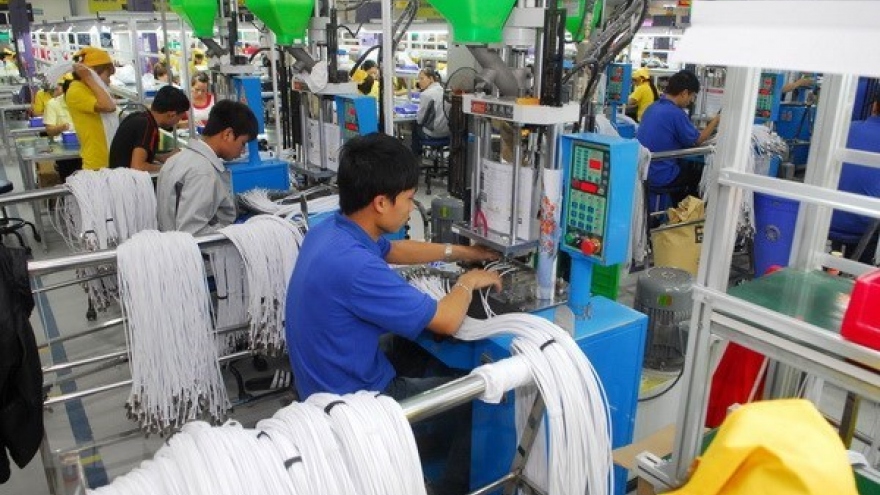
HCM City ranks first in FDI attraction in five months
Ho Chi Minh City was the most attractive destination in FDI attraction in the first five months of this year, with US$2.39 billion, or 24.2% of total investment in the period, according to the Foreign Investment Agency under the Ministry of Planning and Investment.

RoK continues leading foreign investors in Vietnam
The Republic of Korea (RoK) has been the biggest investor among 86 countries and territories investing Vietnam so far this year, with total investment of US$2.63 billion, accounting for 26.5% of total foreign direct investment (FDI) the country has attracted in the reviewed period.

Foreign investors eye bank shares
The funds managed by Alp Asia Finance have become a shareholder of Asia Commercial Bank (ACB) since May 7, holding a 10% stake of the bank. Whistler Investments Limited and Sather Gate Investments Limited both have 102.2 million ACB shares, each of which holds 51.1 million.

Many businesses see bold hope for agriculture investment
VOV.VN - Despite there being few investors in the agricultural sector, it has become attractive to multisector businesses in recent years, showing positive changes in investor opinion regarding the potential of the sector.
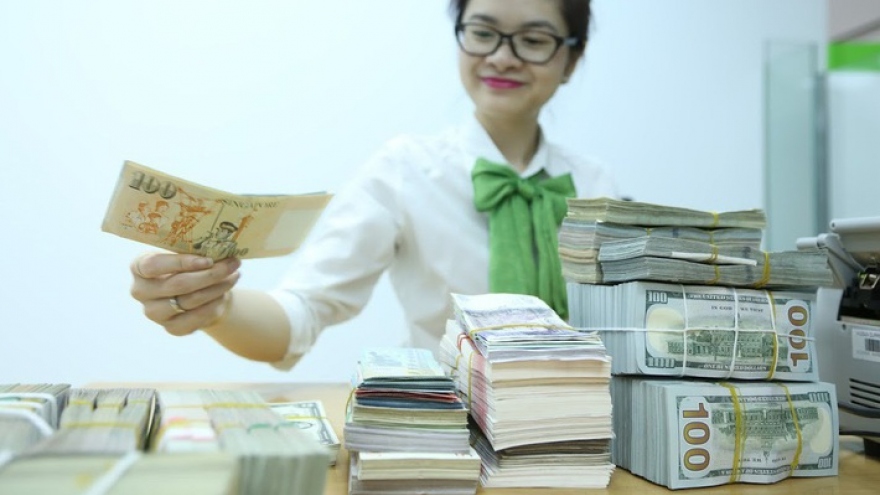
Vietnam stock market turns bear, but foreign investors stay
Foreign investors have been net sellers over a couple of weeks, but this does not mean they are leaving Vietnam, experts say.
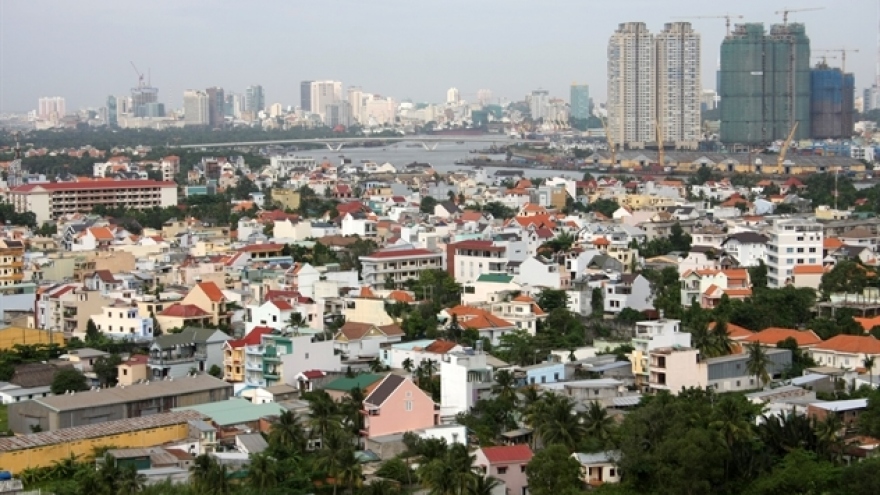
Foreign investment in real estate sector in HCM City spikes
New World, Diamond Plaza and other imposing construction works are considered symbols of a dynamic Ho Chi Minh City.

Ministry to auction stake at Bach Dang Construction Corporation
The Ministry of Construction will auction all of its stake, equivalent to over VND205 billion (US$8.97 million) or 94.61% of total shares, at Bach Dang Construction Corporation – JSC on June 18.

Da Nang wants detailed proposal for US$8 bln project
The central city’s investment promotion agency (IPA) has asked a group of investors for a detailed plan of their proposals to develop an artificial island resort project off the coast of Da Nang.

HCM City cooperatives seek expansion abroad
With strong support from authorities, cooperatives in Ho Chi Minh City have developed strongly and are making efforts to expand their trade on agricultural products even into international markets.

Quang Binh calls for investment in 48 projects
The central province of Quang Binh has approved a list of 48 projects calling for investment for the 2018-2020 period, with an expected amount of up to over VND50 trillion (US$2.2 billion).

Foreign investors continue to be net sellers in stock market
Analysts have found similarity between foreign investors’ net sales in Vietnam and global capital flow trends.

Vietnam, Argentina target US$5 billion in bilateral trade value
Vietnam and Argentina hold potential to push bilateral trade to 5 billion USD in the next few years, heard a commercial exchange event in Ho Chi Minh City on June 4.

Vietnam National Shipping Lines to hold IPO in August
The Vietnam National Shipping Lines (Vinalines) is scheduled to carry out its initial public offering (IPO) in August, according to the firm’s latest equitisation plan recently submitted to the Prime Minister for approval.
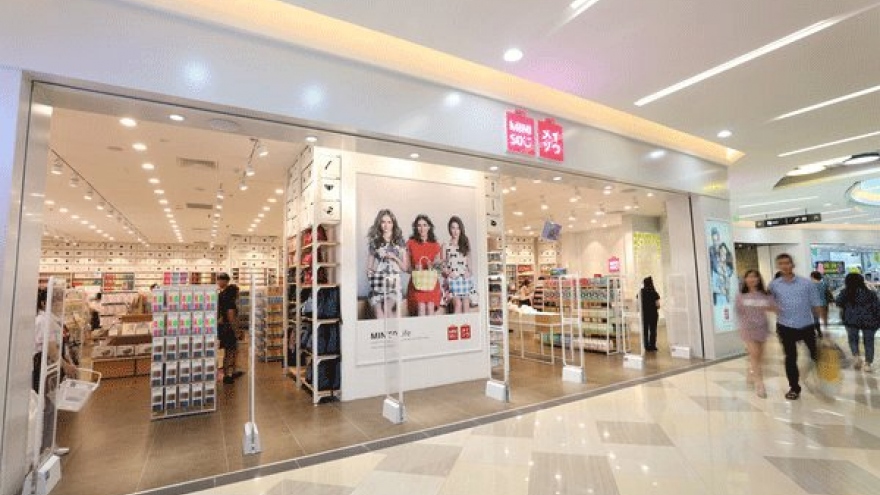
MINISO looks to expand its presence in the local market
To further consolidate its position in Vietnam, MINISO, a Japanese designer brand, has opened 40 stores and expects to set up 50 more stores by the end of 2018, said the general manager of MINISO Vietnam.

Vietnamese overseas investment exceeds US$187 million
Vietnamese enterprises invested nearly US$184.7 million in overseas projects in the first five months of 2018, according to the General Statistics Office (GSO) under the Ministry of Planning and Investment.

Contract signed to start feasibility study for Long Thanh airport
The Airports Corporation of Vietnam (ACV) on June 2 signed a contract with a joint venture comprising of firms from Japan, France and Vietnam (JFV) for consultancy services and the feasibility study for the first phase of Long Thanh International Airport project.

Ninh Thuan grants investment licences to nine solar power projects
The People’s Committee of Ninh Thuan province has granted investment licences to nine solar power projects worth over VND12 trillion (US$527.4 million).

Japan set to invest more multi-billion-USD projects in Vietnam
Japan, the second biggest investor in Vietnam, is continuing to pour billions of USD into new projects in the Southeast Asian nation, an investment partnership expected to grow stronger after a State visit to Japan by President Tran Dai Quang.

US$6.75 billion in FDI disbursed in five months
The disbursement of foreign direct investment (FDI) in the first five months of 2018 was estimated at US$6.75 billion, up 9.8% year-on-year.
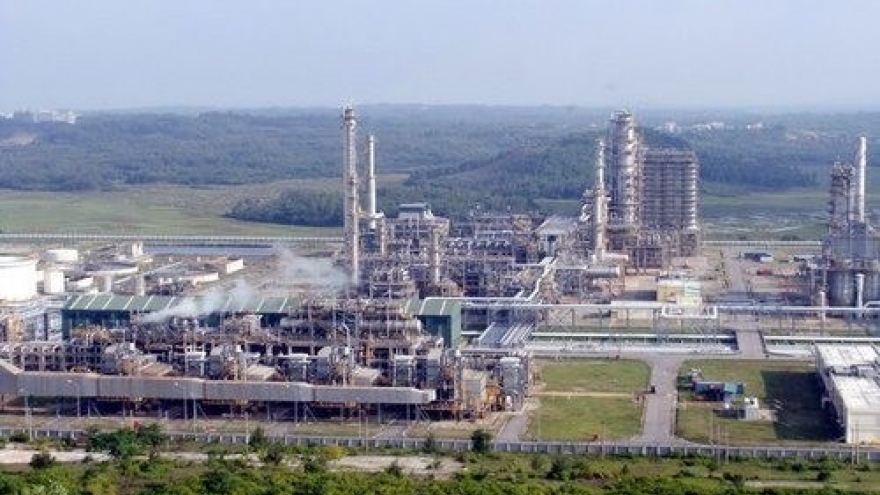
Siam Cement acquires 100% stake in petrochemical project
Siam Cement Public Company Limited (SCG) signed an agreement with Vietnam Oil and Gas Group (PetroVietnam) to acquire the latter’s equity stake in Long Son Petrochemical Co. Ltd.
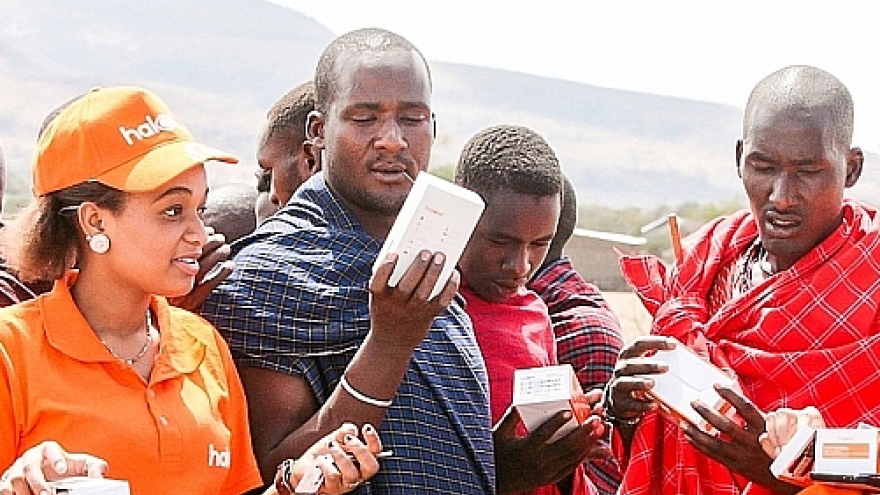
The other side of overseas investment
Contrary to the profits reported by Viettel and FPT, numerous state-owned firms are suffering with overseas investment.
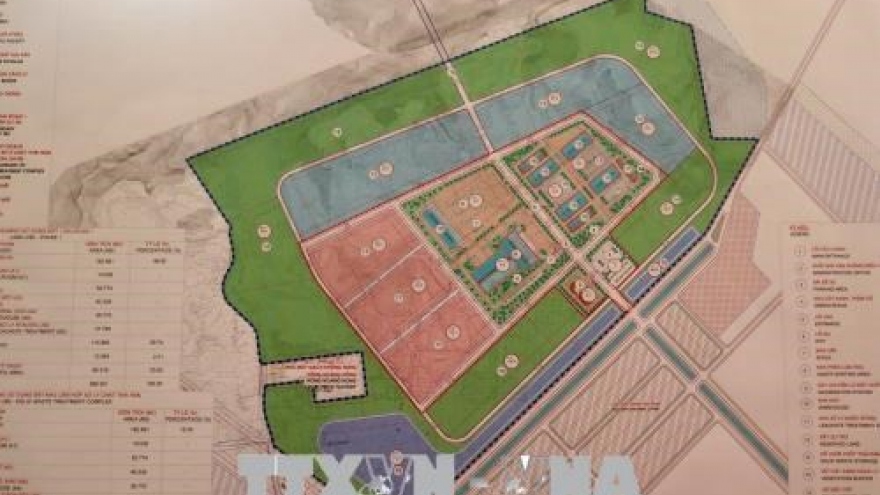
Da Nang seeks investment to boost solid waste treatment
Da Nang is seeking investment to develop a solid waste treatment complex amid challenges facing the central city in dealing with the large volume of untreated solid waste.
